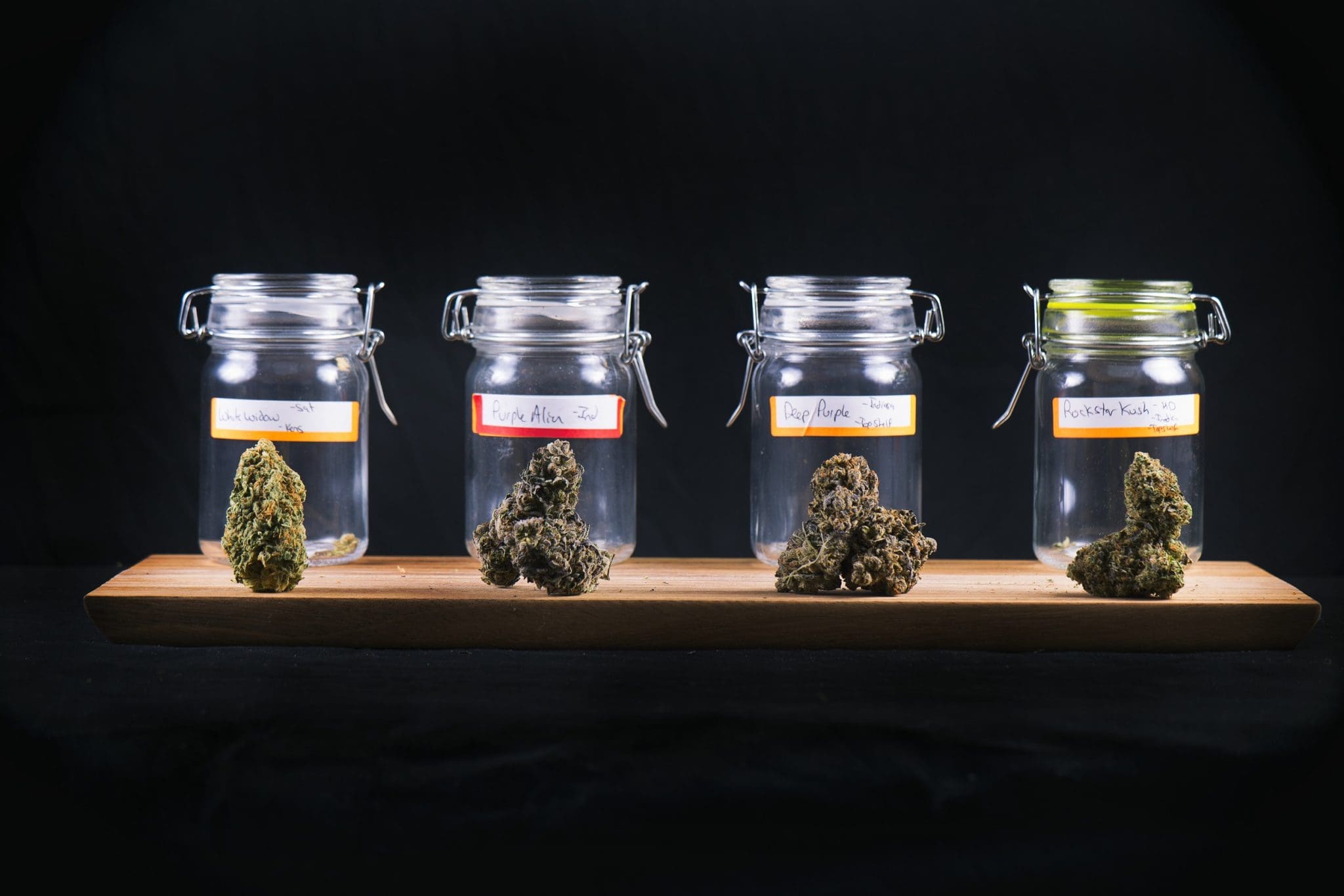Can Cannabis Help You Sleep? Exploring the Evidence

The relationship between cannabis and sleep is complex. While some studies suggest it might improve sleep for people with specific conditions like chronic pain, PTSD, or restless legs syndrome (RLS), the evidence is mixed. These conditions can disrupt sleep by causing discomfort or anxiety, both of which cannabis may help alleviate.
However, research also indicates that cannabis can disrupt sleep architecture. This means it might decrease the amount of time spent in deep sleep, a crucial stage for feeling rested. Long-term use could also lead to dependence, making it difficult to sleep without cannabis.
How Does Cannabis Affect Sleep?
Cannabis contains various compounds called cannabinoids, including THC and CBD. THC is the psychoactive component responsible for the “high” associated with marijuana. CBD, on the other hand, is non-psychoactive and may offer some relaxation benefits.
The exact way cannabis interacts with sleep isn’t fully understood, but it might influence the body’s natural sleep-wake cycle. Additionally, cannabis may promote relaxation and reduce anxiety, both of which can interfere with sleep.
Best Cannabis Strains for Sleep (Indica vs. Sativa)
If you’re considering cannabis for sleep (where legal), choosing the right strain is important. Indica strains are generally known for their relaxing properties, making them a potential option for sleep. Some popular indica strains often recommended for sleep include Granddaddy Purple, Northern Lights, and Bubba Kush.
However, it’s important to remember that the ideal strain depends on individual needs and preferences. It’s also crucial to start with a low dose and gradually increase it as needed to minimize potential side effects like daytime drowsiness or dizziness.
The Downside of Cannabis for Sleep
While cannabis may offer some sleep benefits for certain conditions, there are potential drawbacks:
● Disrupted Sleep Architecture: As mentioned earlier, cannabis use might decrease the amount of time spent in deep sleep, impacting overall sleep quality.
● Dependence: Regular cannabis use can lead to dependence, making it difficult to sleep without it.
● Cognitive Impairment: Cannabis use can impair cognitive function, which can be problematic if you need to be alert and focused during the day.
● Legal Issues: Cannabis use and possession laws vary by region. Make sure you are aware of the legal implications before using cannabis.
Should You Use Cannabis for Sleep?
If you’re struggling with sleep disorders, it’s crucial to consult a doctor. They can help you explore various treatment options, including non-cannabis approaches like cognitive behavioral therapy for insomnia (CBT-I). They can also discuss the potential risks and benefits of cannabis for your specific situation and determine if it’s a suitable option for you.
Cannabis is a complex substance with both potential benefits and drawbacks for sleep. While it might help some people with specific conditions, the evidence is not conclusive. It’s important to weigh the potential risks and benefits and discuss them with a healthcare professional before using cannabis for sleep.
The information contained in this blog post is for informational purposes only and is not intended as a substitute for medical advice, diagnosis, or treatment. Read our full disclaimer.

